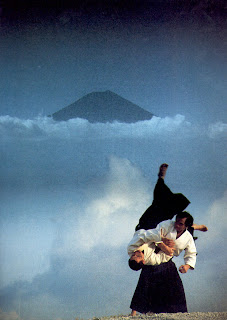 Most professional accountants remember their final exam. Even people in their eighties can tell you about the question they aced or totally blew. One memory that stuck with me was my friend Jim remarking to me as we exited the exam center, "If I ever learn anything else it will be by accident."
Most professional accountants remember their final exam. Even people in their eighties can tell you about the question they aced or totally blew. One memory that stuck with me was my friend Jim remarking to me as we exited the exam center, "If I ever learn anything else it will be by accident."
Well, times have changed. The accounting rules we learned may have seemed absolute and immutable at the time, but sadly that hasn't proved to be the case. I remember deciding not to specialize in tax because of the arbitrary way they could be altered by the stroke of a legislator's pen. So, what did I specialize in? Computers, where if something is three years old, it's ancient and obsolete.
About a decade ago I applied for a job. I remember thinking that the interview was going particularly well, that is until the interviewer said, "I see you got your accounting designation back in 1983. What have you done lately?" It was a fair comment. I realized that I had not paid enough attention to my skills. That propelled me to go for my specialist designation as well as a designation in project management. On the job experience is invaluable, but you have to keep up on the theory as well. Experience tells you what works. Theory tells you why.
So, I'm a big fan of continuing education for professionals. I cheered when compulsory professional development rules were introduced. The trick is to choose your courses strategically: make each course serve more than one purpose. For example,
- If you have two designations, find courses that will qualify as professional development for both.
- Try to combine professional development with an interest. If you want to be a better presenter, try giving courses instead of taking them.
- Treat each course as a networking opportunity with both the lecturer and the other students.
- Go beyond networking and look for new friends.
- Try going beyond your comfort zone and try something related but new. It may just change your career direction.
- Try to reuse your work. If you write a good essay, turn it into a presentation at the office, an article in a professional journal, or add it to your company web site or blog.










